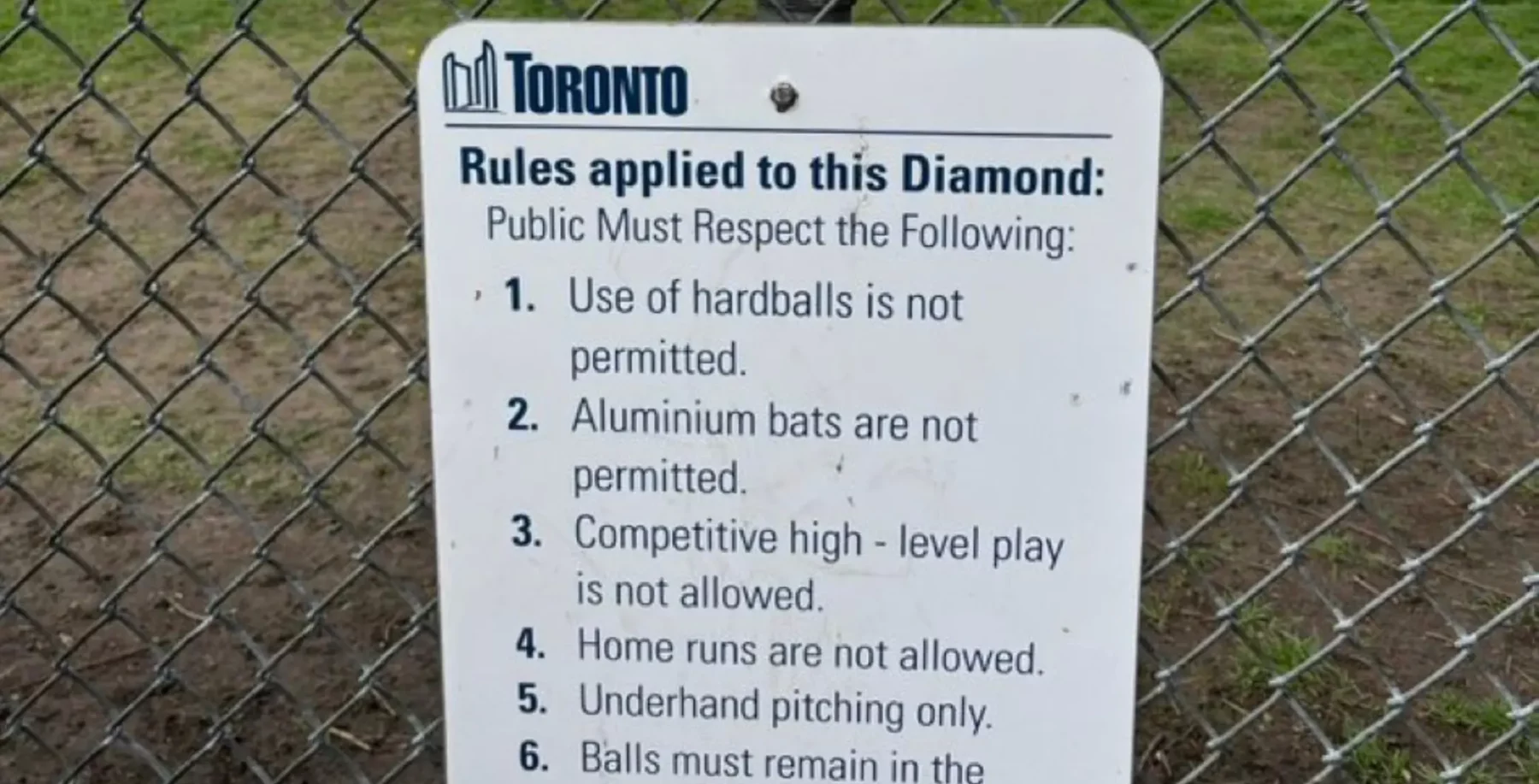
Rating: NNNNN
To all you folks who love the magicof partying in the deep dark night or do your best work post-midnight or have to earn a living on shift work, here’s a warning: humans aren’t naturally nocturnal creatures.When you’re active at night rather than getting beauty sleep, it can wreak havoc on your health.
A key player in this biological limitation is the light-sensitive hormone melatonin, which is produced in response to darkness and is critical for deep, restful sleep. Even a small burst of light during our normal sleep cycle can interfere with melatonin production – turning on the bathroom light to take a midnight pee, for instance. (A red light won’t interfere with your hormones, though.)
Lack of melatonin, new research finds, leads to higher estrogen levels and possibly an increased cancer risk. Getting enough of it can be tough when you’re working in the dark and sleeping during daylight hours.
If you must be up all night, the trick is to totally reverse your cycle.
Illuminate your workspace as brightly as possible with full-spectrum light. Then wear dark goggles home to minimize your exposure to daylight, and use heavy blinds and an eye mask to maximize darkness while you sleep. It takes a while for melatonin production to catch up with changes in your sleep-wake cycle, so if you want to keep it coming you’ll have to follow your weird hours on off days, too. That, of course, will stress your social life. You’ll need to give some thought to how to keep those all-important connections going.
Plan to quit night work by 40, say the experts. Our bodies simply can’t handle the stress after that, and the already increased risk of gastro-intestinal or cardiovascular disease goes up yet again. If shift work is already messing you up, you can have your melatonin levels checked at some sleep disorder clinics. Don’t self-prescribe melatonin pills – it’s a powerful hormone and over-the-counter varieties available from the U.S. may deliver way too much or none at all.
what the experts say”Natural night owls tolerate being awake to 3 or 4 am, but after that their health deteriorates from exposure to light and sleep deprivation. If you must stay up, keep lights off and use only your computer screen, which won’t suppress hormones. Female shift workers experience an increased occurrence of breast cancer. This is related to suppression of melatonin secretion at night and, as a result, increased estrogen activity. People tolerate rotating shifts very poorly, especially backwards. That’s the worst scenario.”
LEONID KAYUMOV, PhD, director, Sleep Research Clinic, Toronto Western Hospital
“Your adrenal glands make cortisol, which is a light-sensitive hormone. It gives your body the message to be alert, awake. It’s usually in balance with melatonin. The more melatonin you have, the more your body goes into sleep. When you work shifts or at odd hours, this whole cycle is thrown off. A naturopath would first support the adrenals, which make the cortisol. Take a B-complex vitamin with 50 to 100 mg of B1 and 100 to 250 mg of B5. Vitamin B1 is also used to make neurotransmitters in the brain. Take 500 mg of vitamin C at the beginning of a shift and halfway through, and drink a cup of Siberian ginseng tea during a shift. Studies show that plant sterols help to balance cortisol levels. That may help a person adjust to time changes.”
AJAY LAD, naturopath
“Some people welcome working at night or odd hours because it allows them to stay home with the kids during the day. They want to do it, but that’s different from liking it, and it’s not to say that it doesn’t affect their health. During shift work people often don’t have the same degree of supervision, and in some cases they might be at greater risk of injury or harm. Going to work and coming home at night can be hazardous. People have to travel on buses that run infrequently or have to go to isolated parking lots.”
JOAN EAKIN, PhD, professor in the department of public health sciences, University of Toronto
“Ten- and 12-hour shifts have been brought in to cope with globalization and 24-hour operations. There’s real concern that safety standards (regarding respirable contaminant exposure, for instance) that apply to eight-hour shifts don’t work when it comes to longer shifts. The intensity of work has gone up because we’re being regulated by computers, which don’t recognize biorhythms. Our union has been working with researchers to try to document the health effects of shift work. (In negotiations with employers) we always hit that same barrier, that they think this is a labour relations issue, not a health issue.”
ANDREW KING, national health, safety and environment coordinator, United Steelworkers of America












